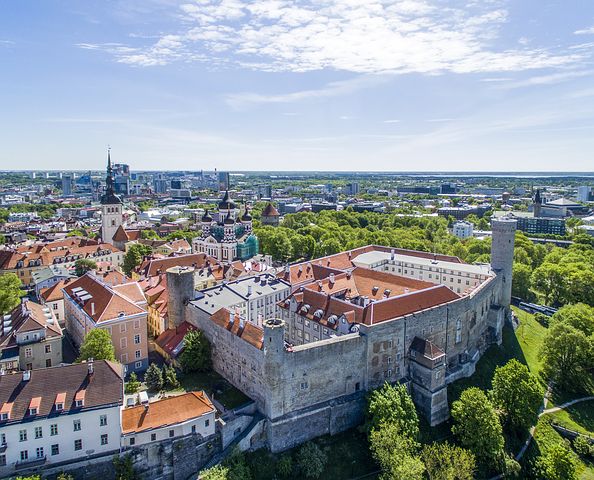
Tallinn
Tallinn is often claimed to be the public sector Digital Leader in the world. The City of Tallinn joined the Covenant of Mayors energy policy initiative of the European Commission in 2009 and its implementation is taking place on the basis of a Sustainable Energy Action Plan 2011-2021 (SEAP). The SEAP results from the need to save at least 20% of energy, increase the share of renewable energy by 20% and reduce greenhouse gas emissions by 20% by 2021. Present estimates show the goals related to energy efficiency and the use of renewable energy can be achieved by 2021. Only reducing the quantities of CO2 generated by the transport sector is questionable.
Moving towards increased digitalisation, including in cooperation with citizens and companies, is important to Tallinn. The City’s services are already largely digitalised. Tallinn has been recognised five times among the world’s seven most innovative communities by the Intelligent Communities Forum (ICF).
Tallinn is the no. 1 in the WEF Entrepreneurship Rating and in eGovernment section of the EU Digital Economy and Society Index. In 2019, Tallinn and Tallinn University of Technology signed the development of a Smart City Initiative. Among others (such as the Horizon 2020 projects that concern the use of data), this includes the creation of a Future City professorship, the aim of which is to focus on problems related to plans, buildings, mobility and transport and the development of various important services related to the areas of a future city which offers solutions based on (collected and analysed) data.

City updates:
June 2020: Smart mobility for carbon neutrality
November 2020: Will insects and education save our future?